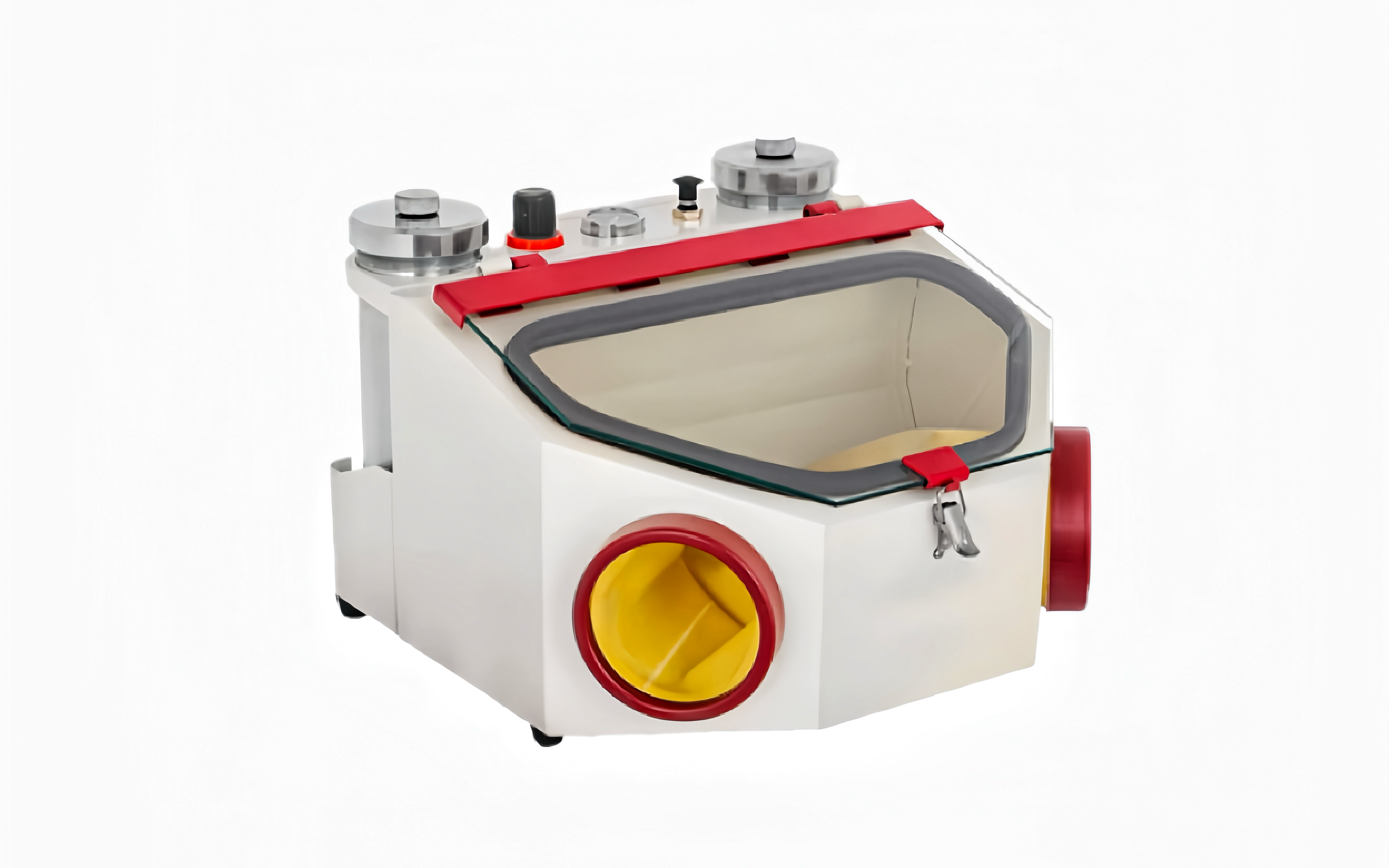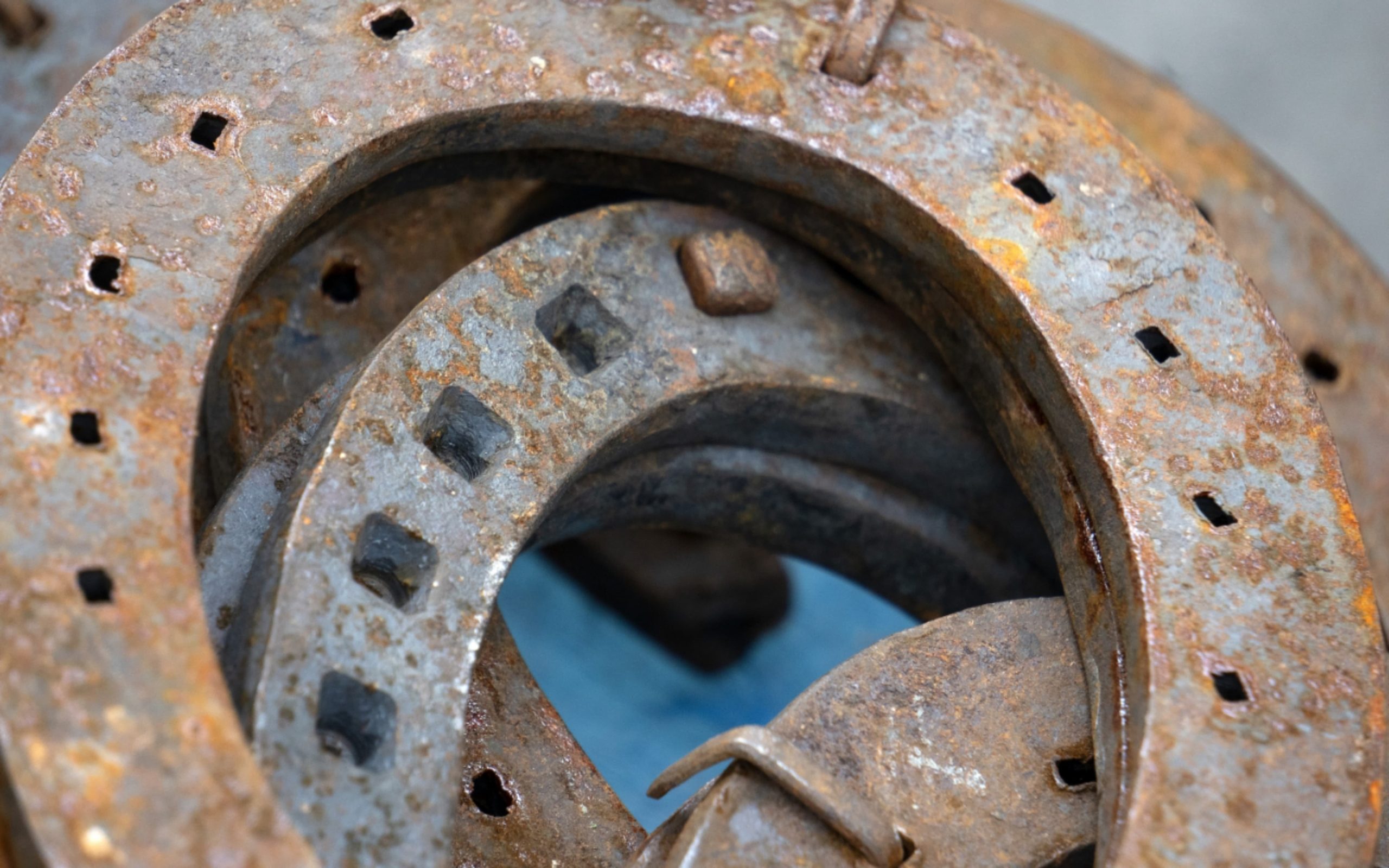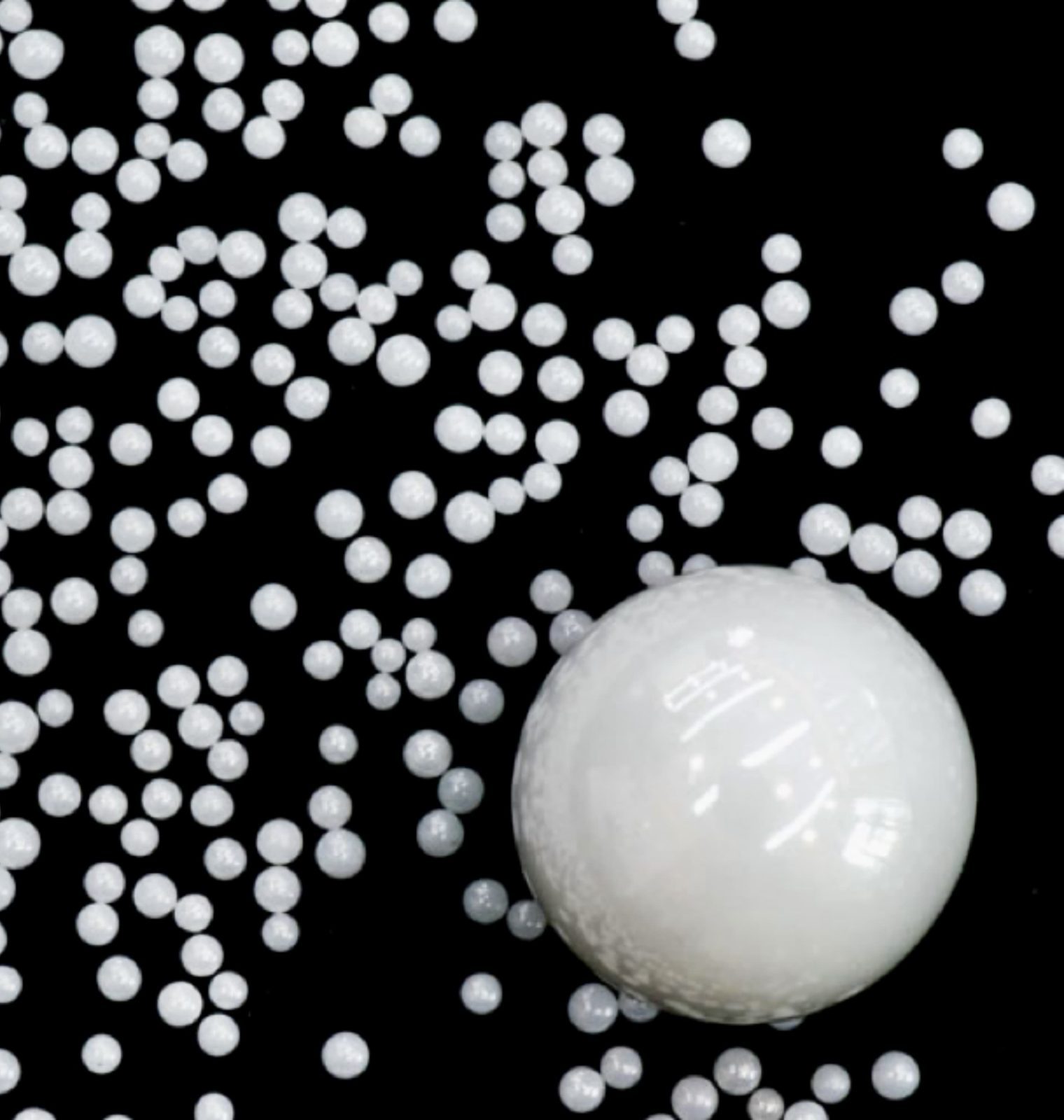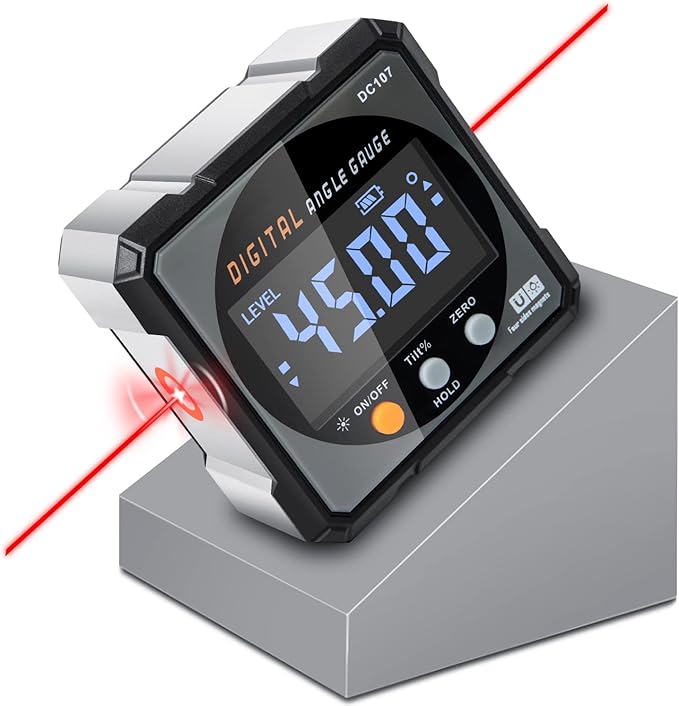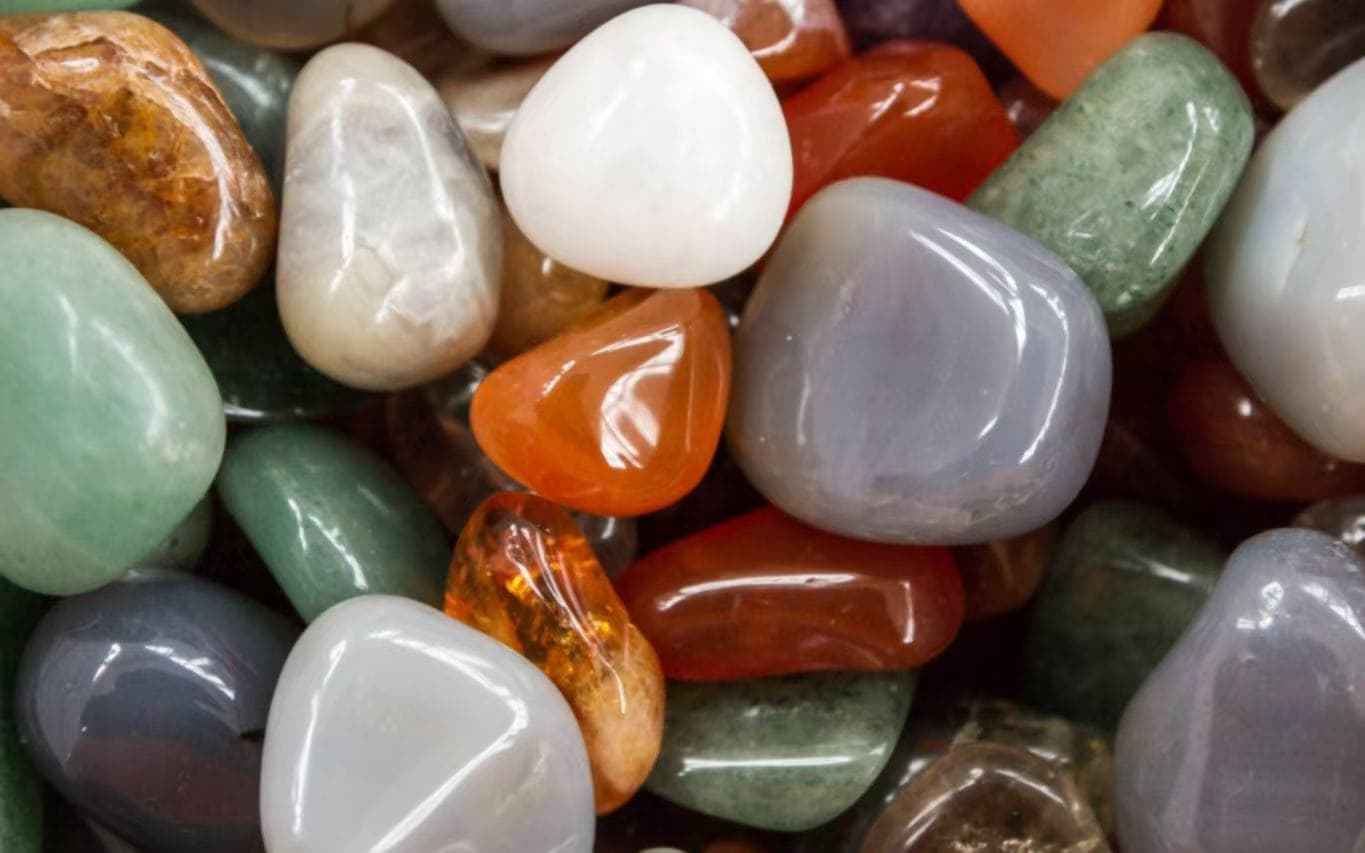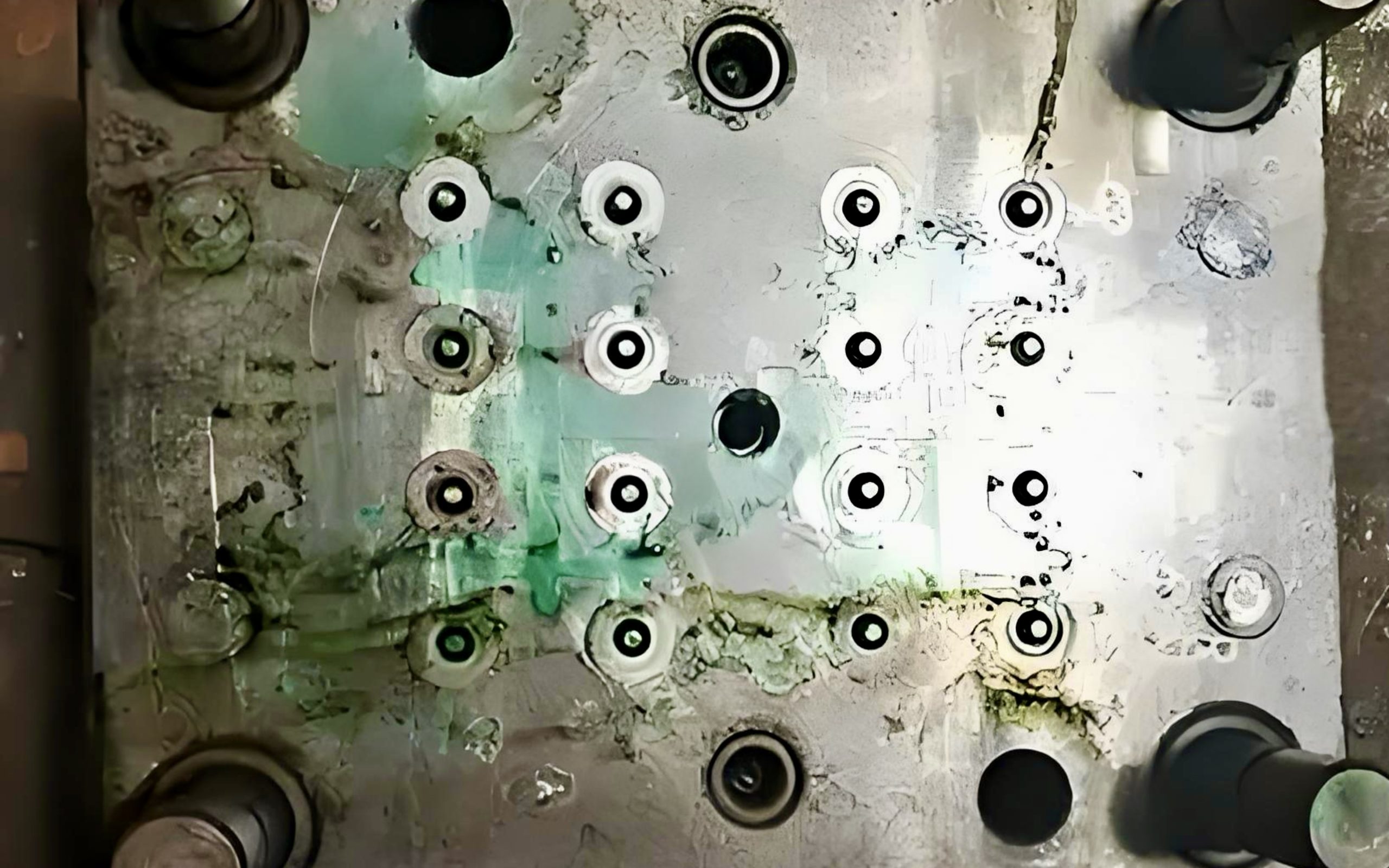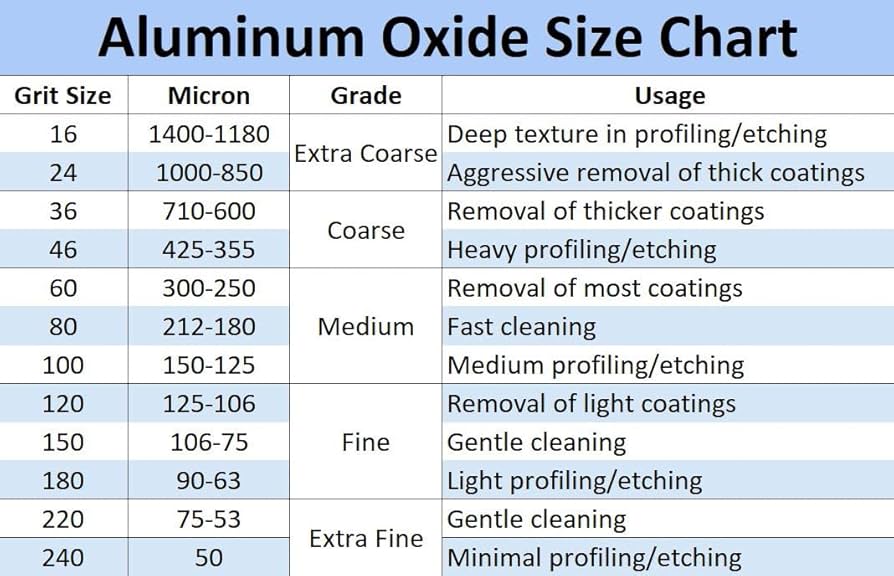How to improve the surface quality of medical devices and implants
January 10, 2025
In modern medical technology, the design and manufacture of medical devices and implants have become an important part of saving lives and improving the quality of life. The successful application of these devices depends on their core functions and is highly dependent on their surface quality. Any surface defects may have adverse effects. Therefore, the application of surface treatment technology is extremely important in the process of improving device safety.
Sandblasting technology is favored because of its wide applicability in surface treatment. Among them, ceramic blasting beads has become an important tool for medical device manufacturers to improve surface quality and ensure device safety.
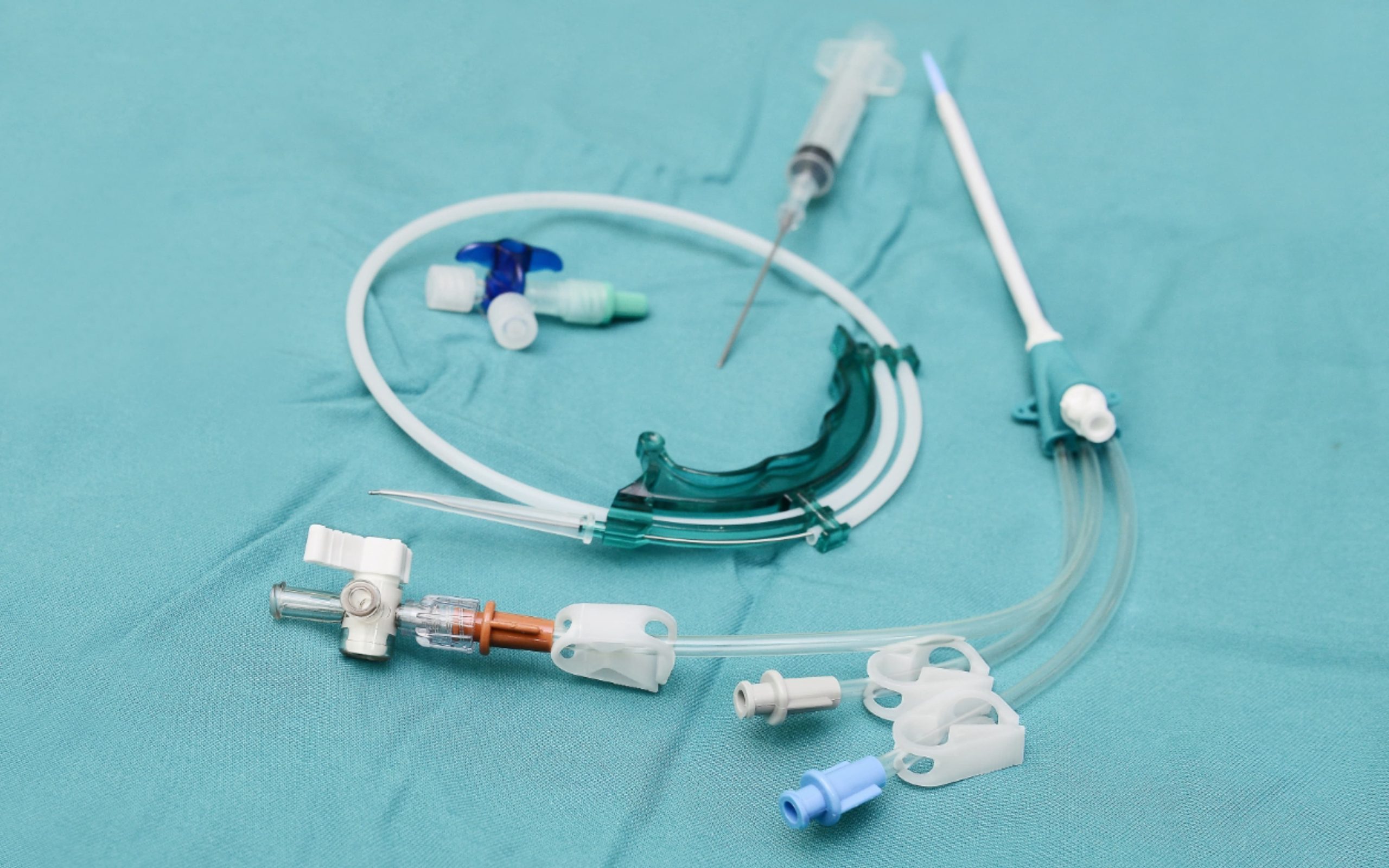
Challenge: Surface treatment problems in the medical industry
Burrs and microcracks
Mass production is difficult to ensure consistency. Medical device components made of metal, plastic, and ceramic are prone to burrs during cutting, drilling, or mold forming. These burrs can not only cause poor device assembly but also cause tissue damage during use. In addition, microcracks may expand under high load conditions, threatening the integrity and durability of the product.
Surface contaminants
Grease, scale, or other particles left over from the manufacturing process can affect biocompatibility, that is, hinder the smooth contact between medical devices and the surrounding biological environment, and even cause adverse reactions.
For implants, these contaminants are even more of a safety hazard that needs to be strictly controlled.
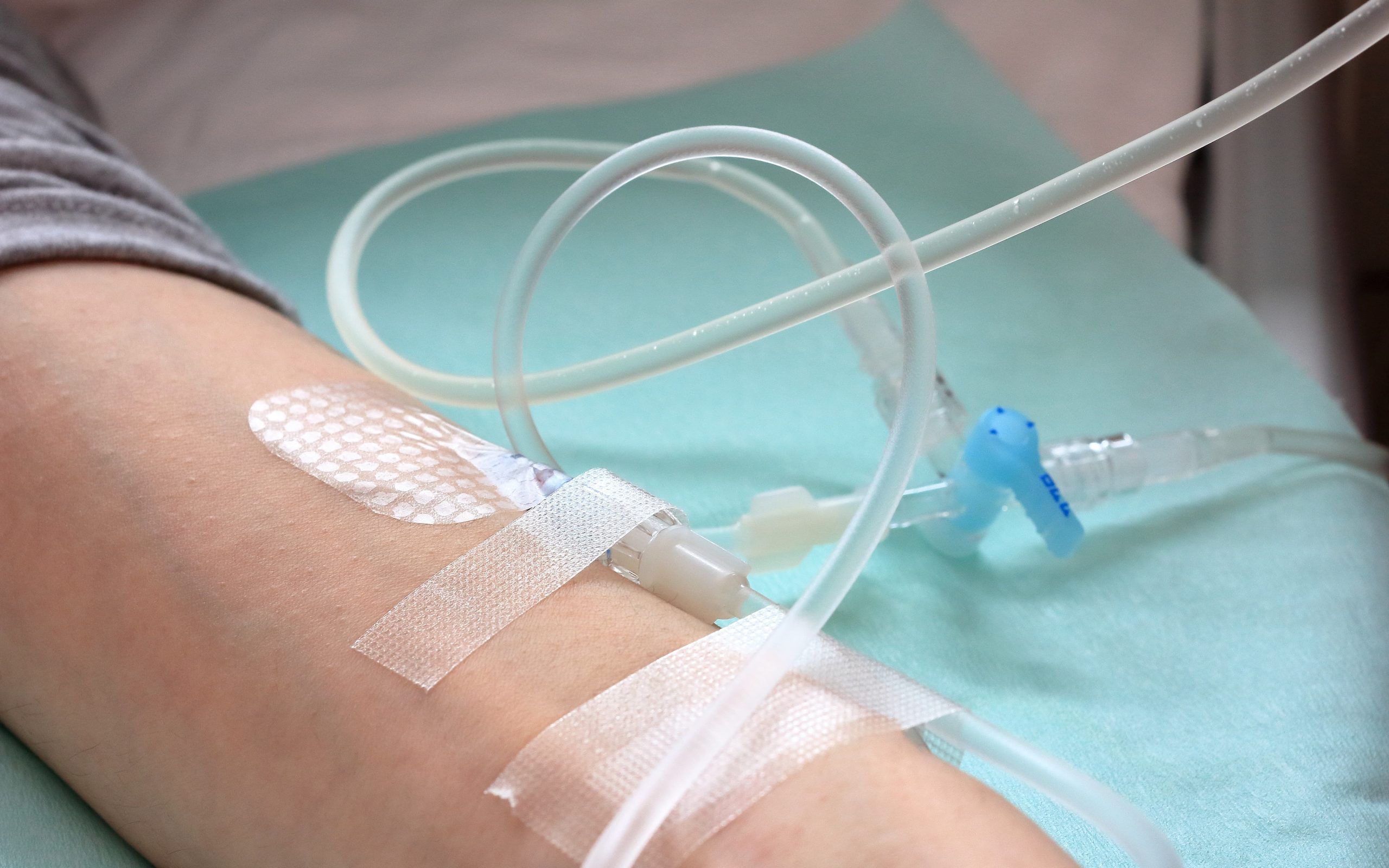
High finish requirements
Some medical devices, such as catheters or stents, have extremely high requirements for surface finish to ensure smooth application in the human body. This requires manufacturers to achieve precise surface control while maintaining efficient production.
Complex precision structures
Tiny and complex-shaped components, such as heart valves or minimally invasive surgical tools, are extremely difficult to effectively surface treat using traditional methods. This places higher demands on the performance and process of the sandblasting media.
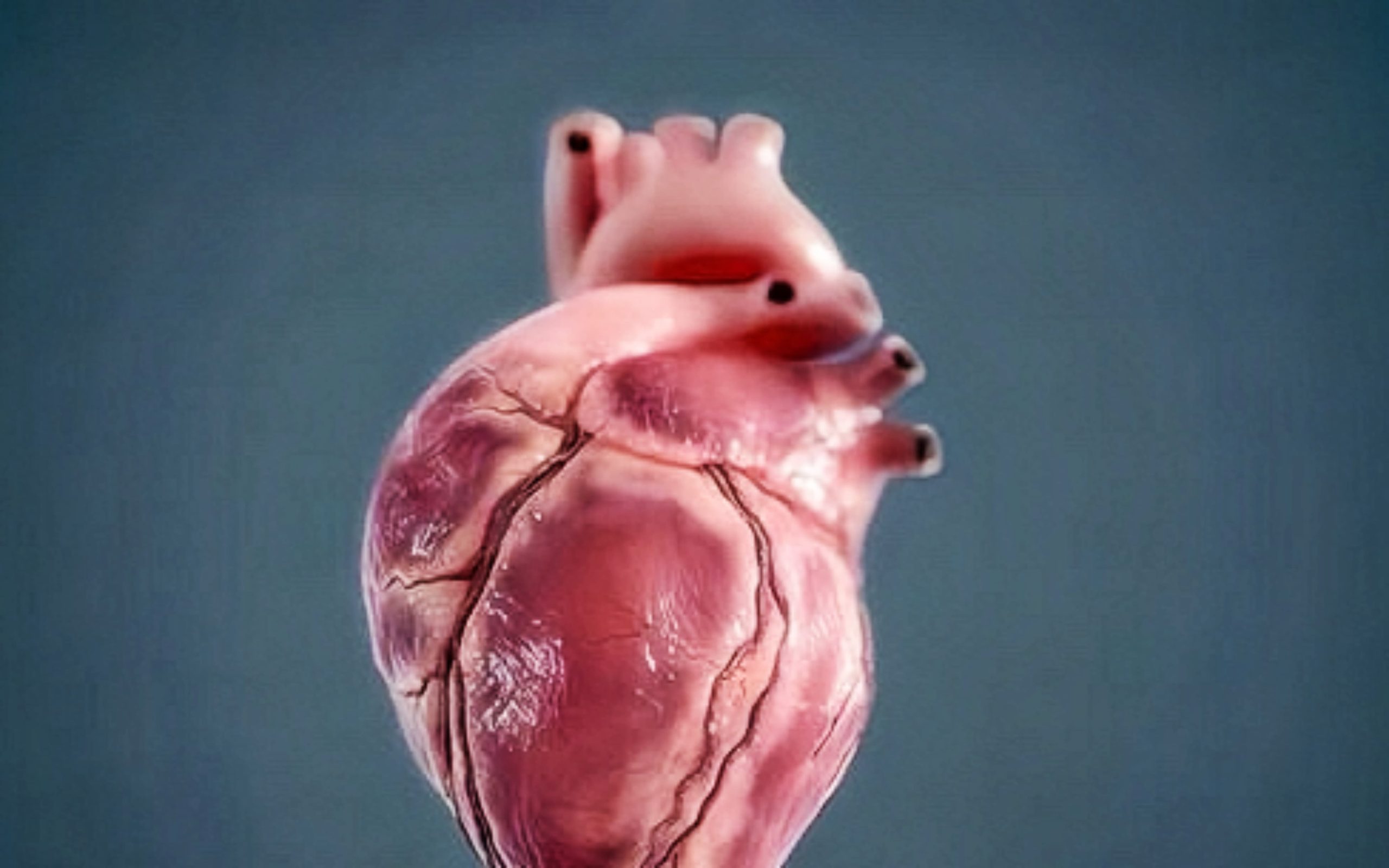
Strict industry standards
The manufacture of medical devices must comply with international standards such as ISO 13485, FDA and CE, which place strict requirements on the controllability and consistency of the surface treatment process. This means that manufacturers must not only focus on the performance of the final product, but also optimize the entire processing process to ensure that every product meets the standards.
Solution: Ceramic Beads for Surface Finishing
Smooth surface treatment
The high hardness and stability of ceramic blasting beads ensure that burrs, microcracks, and surface impurities are removed without damaging the substrate.
The surface of medical devices treated with high-quality ceramic beads is smoother, reducing the risk of bacterial adhesion and helping improve the equipment’s hygiene standards. For example, after this treatment, the surface of heart stents or bone implants can better bond with biological tissues and reduce the risk of postoperative complications.
Non-contamination
Ceramic beads are pure and do not contain free silicon, avoiding the risk of chemical contamination or particulate residue that other sandblasting media may cause.
Its non-toxic properties and biocompatibility enable this medium to meet the strict regulatory standards of the medical industry.
When treating devices that directly contact the human body, such as bone screws and surgical blades, ceramic beads can provide a safe and non-contaminating surface treatment solution.
Improved corrosion resistance
The surface treated with ceramic blast beads is denser and smoother, with significantly improved resistance to oxidation and corrosion. This is crucial for long-term implanted devices such as heart valve stents, hip implants, or metal bone screws, which can effectively extend their service life and ensure their long-term stable operation in a physiological environment.
Surface treatment for medical device housings also helps to enhance their durability in harsh environments.
Precise surface treatment
The uniform particle size distribution of ceramic beads ensures consistent results for each sandblasting operation, thus achieving highly consistent surface treatment quality in large-scale medical device production.
This precision is particularly suitable for the manufacture of minimally invasive surgical instruments and complex components, ensuring high standards of quality consistency for each part in mass production.
For example, in the manufacture of ophthalmic microsurgical instruments, ceramic polishing beads combined with sandblasting technology can ensure the smoothness and dimensional accuracy of the instrument surface.
Environmental protection and sustainability
Ceramic blasting beads are dust-free, not easy to break, and can be recycled during the production process, with lower environmental impact.
They reduce waste generation and material consumption, providing companies with sustainable development solutions.

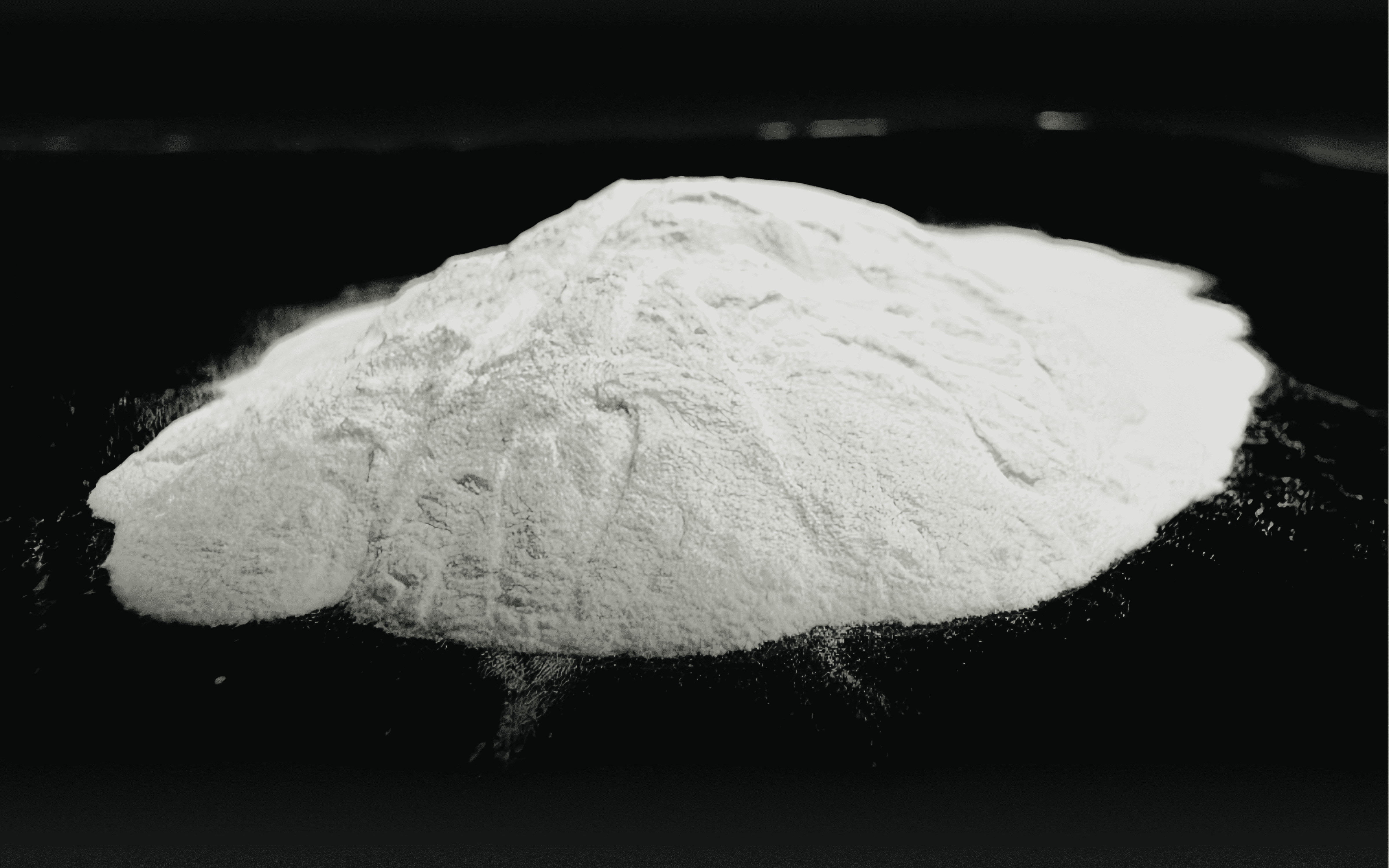
Why choose us?
We offer ceramic blast beads that combine industry-leading technical support with rigorous quality management to help customers meet their surface finishing challenges.
Industry-leading technical support
- 24 years of deep industry accumulation
- More than 20 senior engineers help drive technological innovation
- Introducing top equipment such as Nabotum from Germany to ensure standardization and automation of the production process
Strong production capacity and global market layout
- 38,000 square meters of modern production base to ensure rapid market response
- Efficient delivery and all-around personalized services
- Cumulative service to 300+ global customers
Meet the high safety requirements of the medical device industry
- Passed ISO 9001, ISO 14001, EU CE ROHS and other authoritative quality standards certification
- Strict quality control to meet the strict requirements of the medical device industry
- Pollution-free, environmentally friendly materials
Applicable to various medical devices and implants
- Remove impurities and micro-burrs on the surface of pacemakers and vascular stents
- Improve the corrosion resistance and surface flatness of artificial joints and orthopedic implants
- Ensure that the handles of catheters and medical devices feel smooth and crack-free
Look, we can provide stable and solid products. Are you ready to see the amount of savings for yourself?
Contact us for a free project evaluation
Want to know how much money you can save on your next project?
Contact us to start a new chapter in surface treatment
We provide medical device manufacturers with excellent surface treatment solutions through the innovative Ceramic Blasting Beads technology. Contact us now to experience our industry-leading technology and service support to help your company achieve higher quality and more efficient production goals.
Get a free evaluation or contact us~
Filters


